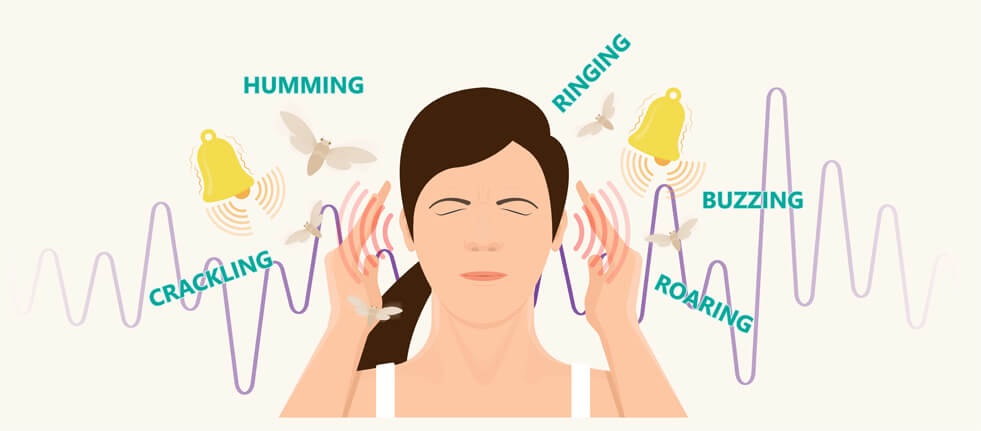Monday-Saturday 10.00 am To 8.00 pm, Lunch Hour 1.30 am To 2.30 pm
-
auriclehearing@gmail.com -
Call Now
+ (91) - 95000 90756 -
Whatsapp Now
Click to chat
Services
TINNITUS ASSESSMENT/ MANAGEMENT
Tinnitus is the perception of noise or ringing in the ears. A common problem, tinnitus affects about 1 in 5 people. Tinnitus isn’t a condition itself — it’s a symptom of an underlying condition, such as age-related hearing loss, ear injury or a circulatory system disorder.
The frequency & intensity of tinnitus will be found out by the audiologist by the test tinnitogram. it can also predict the masking effect on tinnitus or candidary for tinnitus retraining therapy.

ARE THERE TREATMENTS THAT CAN HELP?
Tinnitus does not have a cure yet, but treatments that help many people cope better with the condition are available. Most doctors will offer a combination of the treatments below, depending on the severity of your tinnitus and the areas of your life it affects the most.
* Tinnitus retraining therapy (TRT) is a process of learning to cope with your tinnitus on a conscious and subconscious level. This technique has helped a lot of people.
* Hearing aids often are helpful for people who have hearing loss along with tinnitus. Using a hearing aid adjusted to carefully control outside sound levels may make it easier for you to hear. The better you hear, the less you may notice your tinnitus.
* Counseling helps you learn how to live with your tinnitus. Most counseling programs have an educational component to help you understand what goes on in the brain to cause tinnitus. Some counseling programs also will help you change the way you think about and react to your tinnitus. You might learn some things to do on your own to make the noise less noticeable, to help you relax during the day, or to fall asleep at night.
* Wearable sound generators are small electronic devices that fit in the ear and use a soft, pleasant sound to help mask the tinnitus. Some people want the masking sound to totally cover up their tinnitus, but most prefer a masking level that is just a bit louder than their tinnitus. The masking sound can be a soft “shhhhhhhhhhh,” random tones, or music.
* Tabletop sound generators are used as an aid for relaxation or sleep. Placed near your bed, you can program a generator to play pleasant sounds such as waves, waterfalls, rain, or the sound
s of a summer night. If your tinnitus is mild, this might be all you need to help you fall asleep.
* Antidepressants and antianxiety drugs might be prescribed by your doctor to improve your mood and help you sleep.
